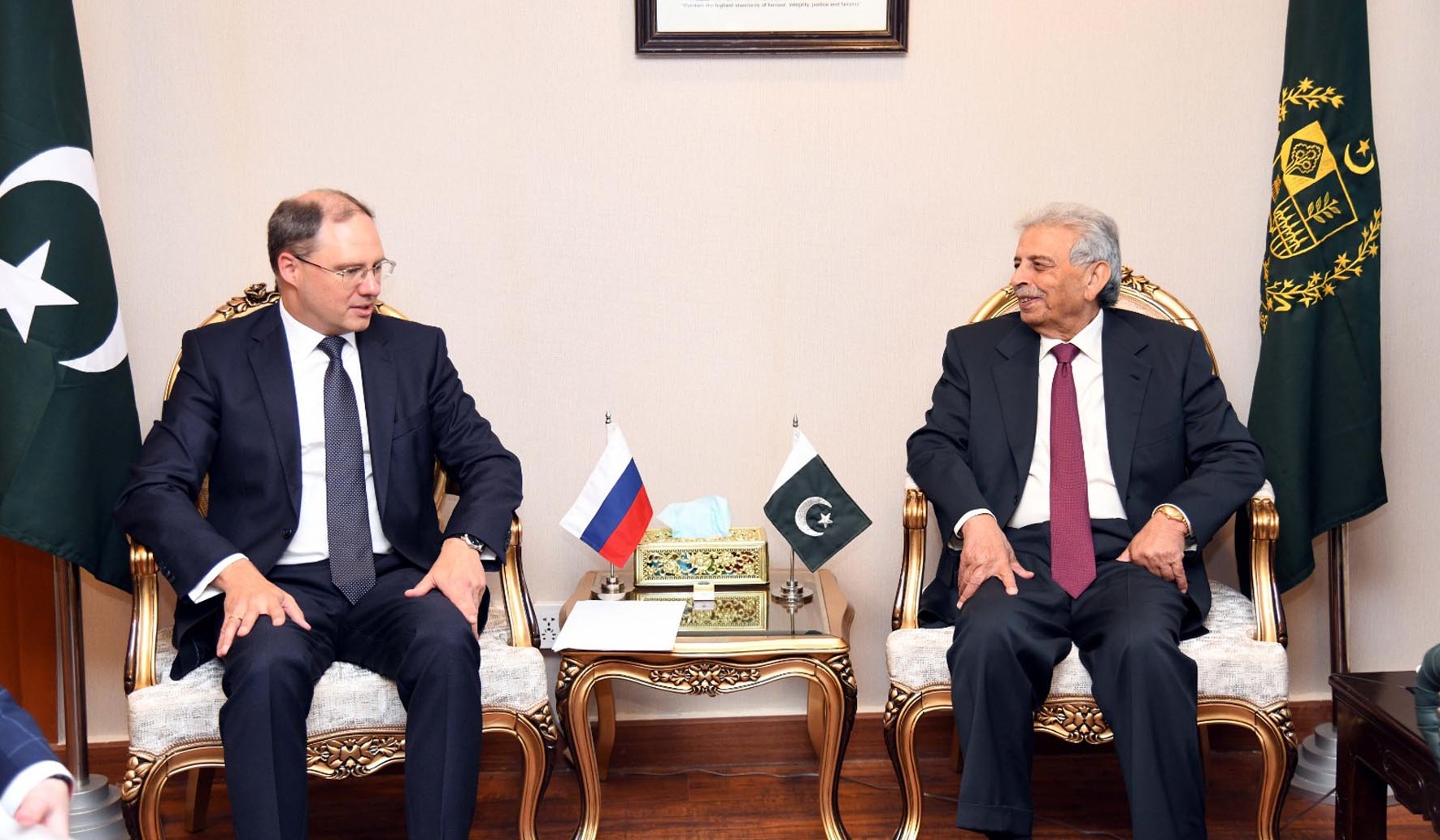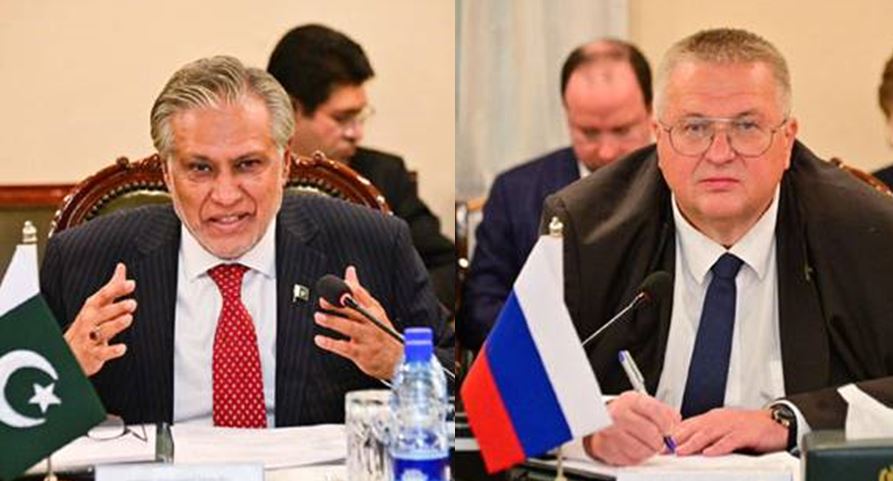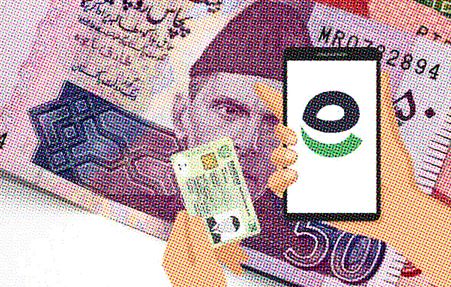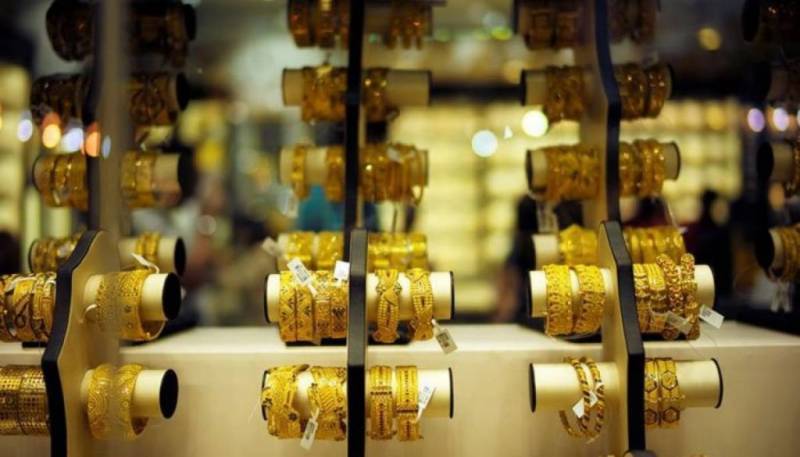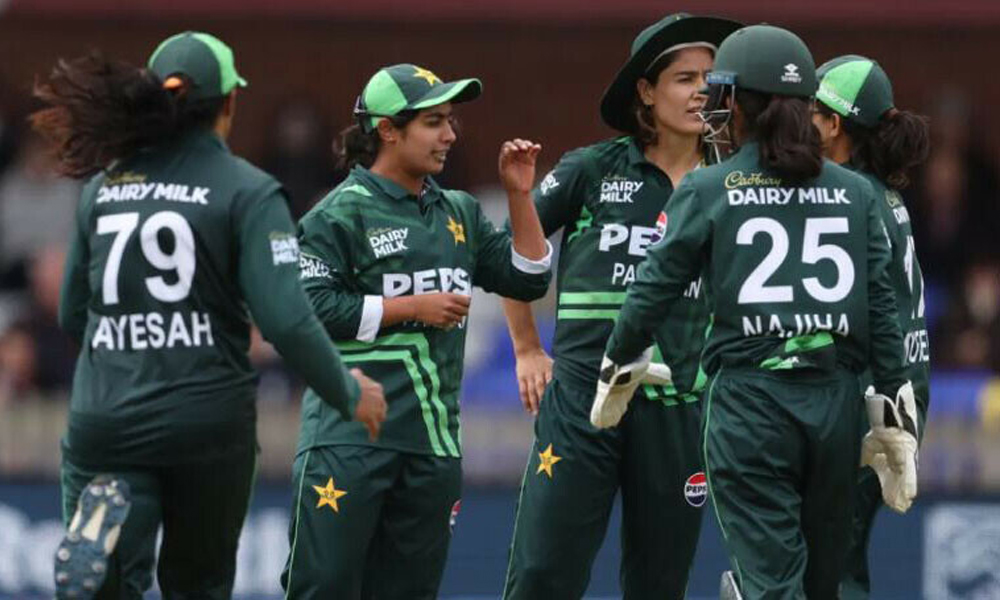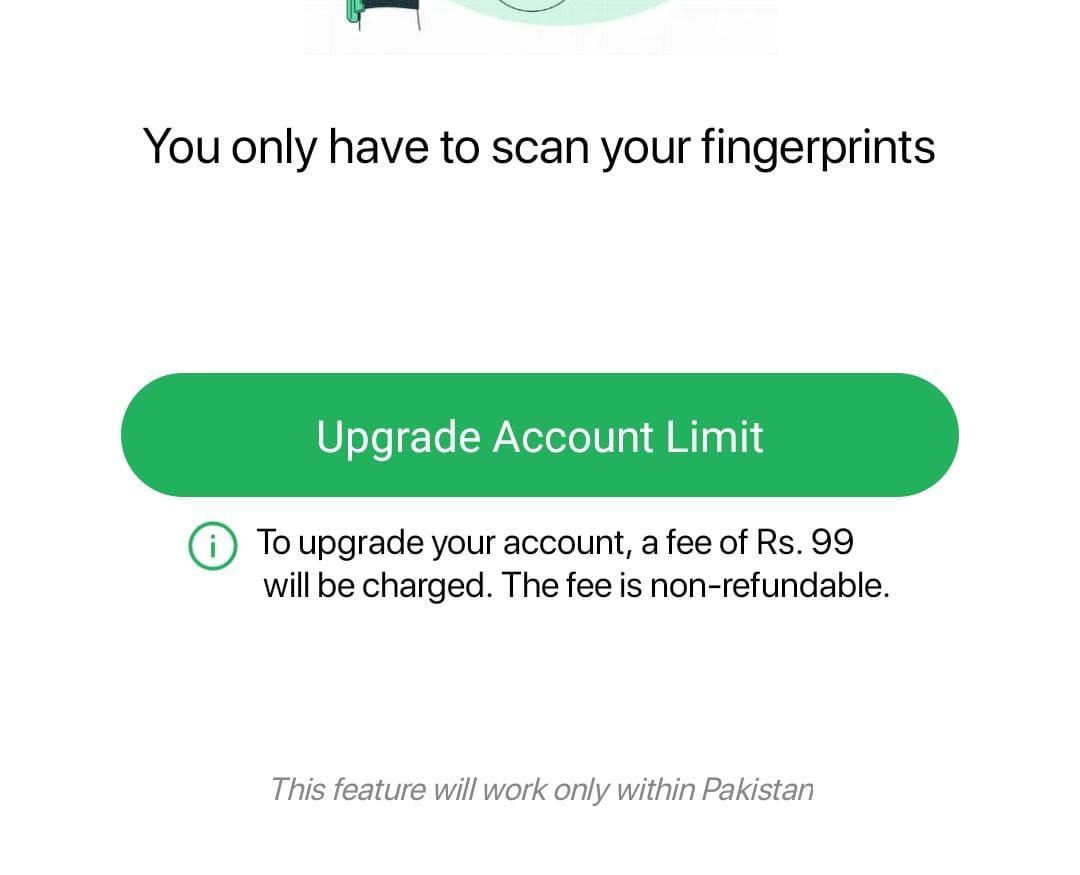KARACHI:
Pakistan’s ongoing quest for pure drinking water has fuelled a powerful informal bottled water market. There has been an extraordinary hike in prices across various bottled water brands in the domestic market, with rates increasing nearly 150%. In 2023, the undocumented bottled water industry capitalised on health concerns, leading to significant price hikes. As a result, the price of a 19-litre bottle jumped from Rs100 to Rs250, and from Rs230-Rs280 to Rs400.
For profit stewardship
The Pakistani bottled water market includes both retail and wholesale sectors. Bottles of different sizes are retailed, while wholesalers provide delivery to households and offices in 1.5, 3, 5, and 19-litre bottles. Prices vary, with major brands being the most expensive. A leading brand of bottled water charges Rs60 for 500ml, Rs90 for 1.5 litres, and Rs400 for 19 litres. Another market leader’s 1.5-litre bottle is Rs90, 10 litres is Rs240, and 19 litres costs Rs340-360. A third big runner’s 19-litre bottle is Rs320, 12 litres is Rs230, and 6 litres is Rs200.
Cheaper brands offer 500ml bottles for Rs30, 1.5 litres for Rs40, and 5-6 litres for Rs100. Prices also vary based on consumers’ buying capacity and locality. In Karachi, various brands are available to suit household budgets. Price variations occur due to store location and target market, with consumers classified by income group and neighbourhoods.
Smaller grocers in low-income areas sell cheap brands, while big brands target wealthier consumers in upscale areas. Smaller brands gain market share due to their affordability.
Drops of desperation
The expansion of water vending in lower-income segments highlights the exploitation of disadvantaged consumers, who spend a large portion of their earnings on drinking water in drum cans, popularly known as ‘gallons’. In Karachi, many men, women, and children queue up with empty gallons outside small setups that sell water from bore wells dug inside houses. Currently, the price of a 20-litre gallon is Rs100, up from Rs30-Rs50 a year ago.
RO System: A myth beyond affordability
The reliance on Reverse Osmosis (RO) systems, commonly referred to as ‘RO Pani’, reveals our misplaced faith in this treatment process, which is often misused to deliver less while earning more—an economic treadmill. The poor quality or inadequate supply of drinking water has forced many citizens to buy bottled water. Consequently, the bottled water industry saw massive growth in 2023.
Quality and contamination
Pakistan’s bottled water industry has surged in demand, catering to a population seeking convenience and cleanliness. However, behind the glossy labels and promises of purity lies a tale of complexity and consequences. The government has tasked the Pakistan Council of Research in Water Resources (PCRWR) with monitoring bottled water quality. The Pakistan Standards and Quality Control Authority (PSQCA) formulates standards and monitors product quality under the Compulsory Certification Mark Scheme.
According to the January-March 2024 quarterly quality report, drinking water quality is continually deteriorating due to biological contamination from human waste and chemical pollutants from industries and agriculture. Many mineral water companies were found selling contaminated water. Out of 185 brands collected, 166 were overall safe, 19 unsafe, 177 were chemically safe, 9 unsafe, 64 were new brands, and 52 disappeared and were unavailable. The PSQCA report revealed that 19 brands were unsafe for human consumption due to microbiological or chemical contamination.
Some brands were unsafe due to higher levels of sodium, high levels of total dissolved solids (TDS), and arsenic above permissible limits. Others were contaminated with bacteria, making them unsafe for drinking. Piped water also gets contaminated because pipes are laid very close to sewerage lines or open drains, causing many serious waterborne diseases. It was found that 45% of infant deaths are attributed to diarrhoea and about 60% to overall infectious
waterborne diseases in Pakistan. Citing the World Health Organisation (WHO) report, PCRWR noted that 25-30% of the diseases are gastrointestinal in nature.
Navigating the veiled economics of a hidden sector
The true economics of Pakistan’s bottled water market remains largely obscured. The business operates mostly informally, experiencing rapid, unchecked growth. Prices of bottled water are not detailed in the Sensitive Price Indicator, Consumer Price Index (CPI), or Wholesale Price Index. According to the 2019-20 Pakistan Bureau of Statistics (PBS) survey on household drinking water sources, 22.34% of people drink tap water. The breakdown includes hand pumps (23.33%), motor pumps (30.01%), dug wells (3.35%), tankers/trucks/water bearers (3.88%), filtration plants (9.88%), and other sources (7.20%). In the 2014-15 survey, tap water usage was 27%. There is no data on container water, such as canes or bottled water.
An independent study by Mordor Intelligence estimates the Pakistan bottled water market size at $327.61 million in 2024, expected to reach $557.68 million by 2029, growing at a Compound Annual Growth Rate (CAGR) of 11.96% during the forecast period (2024-2029).
Boom or gloom?
Consumers are being exploited by the bottled water vending industry in Pakistan. A 31-year-old bank executive, Maryam, doesn’t remember the last time she drank tap water. Instead, she buys one of the leading brands in the market to stay hydrated at work. “I just feel satisfied,” she says, seated at a food court with her 500ml water bottle.
In contrast, Zarina, sitting on a grimy roadside in Akhtar Colony, brushes away flies and dust, worried about finding clean water for her five children. She arrives late to fill her drum canes, which she calls ‘gallons’. Like many residents, she says the search for safe water is a daily struggle due to the rarity of water supply.
Monetising morality and commodifying a basic human right
Pakistan gained international attention in 1999 when the Wall Street Journal published a story titled “Nestle Pitches Bottled Water to World’s Poor.” The story highlighted Pakistan’s drinking water woes and exposed the country’s vulnerability to water vendors, who exploit a population that is poor but relatively aware and willing to pay for health.
According to a United Nations’ report, the growth of bottled water distracts from efforts to provide safe drinking water to people who still lack it. On average, 25 litres of water daily is considered a ‘human right’, but vending water as a ‘grocery product’ undermines this concept.
Conflict with the SDGs
World Bank data shows that Pakistan’s safely managed drinking water service has improved from 0% in the 1990s to 50.6% in 2022. Despite this progress, bottled water consumption remains high due to poor tap water quality and unreliable public water supply systems. The cost of bottled water can be 150 to 1,000 times more than municipal tap water, undermining the Sustainable Development Goal (SDG) of providing reliable drinking water to all.
Dereliction of core responsibility by local government
The rising trend in bottled water consumption highlights the neglect and limited progress in public water supply systems. Local governments have failed to provide safe drinking water as a basic public right. Mayor of Karachi, Barrister Murtaza Wahab Siddiqui, acknowledged that concerns about water quality, aging infrastructure, and accessibility issues have fuelled the bottled water boom.
“We must address this by prioritising investments in upgrading water infrastructure, enhancing water treatment processes, and promoting public awareness about tap water safety,” he said. Stricter regulations on bottled water quality and promoting sustainable alternatives can also contribute to a more reliable public water supply.
Seeking sustainable solutions
To ensure sustainable development in Karachi, consultations with stakeholders have begun, said the mayor. One proposed solution is installing a seawater desalination plant, but this requires a sovereign guarantee and natural gas availability from the federal government. Siddiqui stressed the importance of collaborative efforts to address Karachi’s water problems and ensure a sustainable future.
Failed quest for drinking water sufficiency
How did water—a resource that falls from the sky, springs from the earth, and flows from taps—become a hyperactive multibillion-dollar business? The United Nations University Institute for Water, Environment, and Health reports that unchecked water extraction by hundreds of unregistered vendors, often selling unsafe water, is depleting Pakistan’s water resources at an alarming rate. If excessive groundwater mining continues unchecked, Pakistan could face absolute water scarcity by 2025.
Water withdrawals in countries like India, Pakistan, Mexico, and Nepal show that Coca-Cola and Nestlé extracted 300 and 100 billion litres, respectively, in 2021. A 2005 study found that Nestlé Pakistan mined 306 million litres annually between 1998 and 2003. In Lahore, groundwater levels declined by 1.4 meters per year during the 2000s. In Bhati Dilwan village, Southern Pakistan, groundwater levels dropped from 30 to 90-120 meters between 2003 and 2016, drying up springs and depriving locals of accessible water sources.
Whose water is this?
Nestlé and PepsiCo did not respond to The Express Tribune’s request for comments on their market share and water extraction data. Other brands also declined to share information, citing business confidentiality.
As bottled water production continues, surrounding areas suffer from water scarcity. Pakistan ranks fourth in annual groundwater extraction, with 15% of this extraction being non-renewable. Despite a Suo Moto action by Pakistan’s highest court addressing the falling water levels due to excessive extraction, the court’s order to impose a one-rupee-per-litre tax on water vending companies only resulted in higher bottled water prices nationwide. This ruling leaves the future of Pakistan’s water sustainability uncertain.
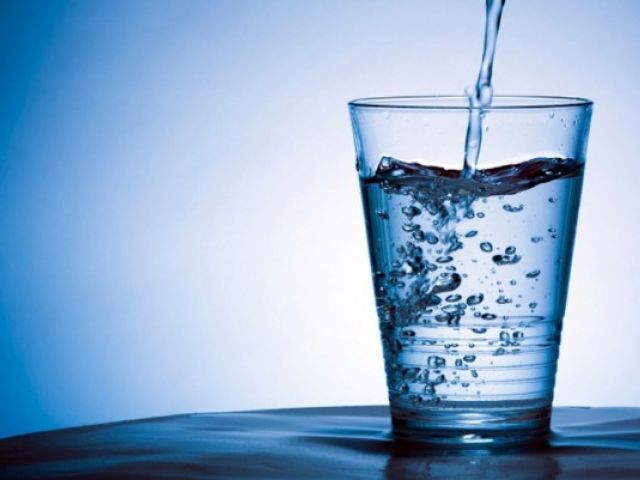

 Technology6 مہینے ago
Technology6 مہینے ago
 Pakistan7 مہینے ago
Pakistan7 مہینے ago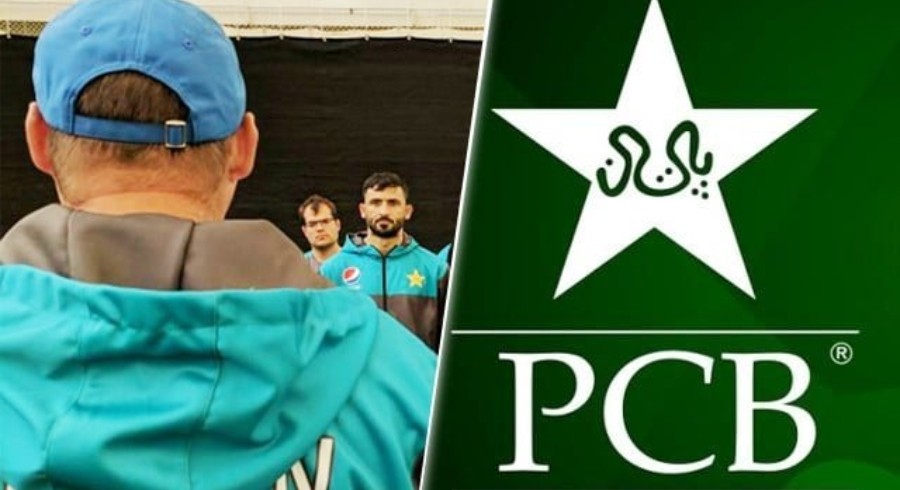
 Sports6 مہینے ago
Sports6 مہینے ago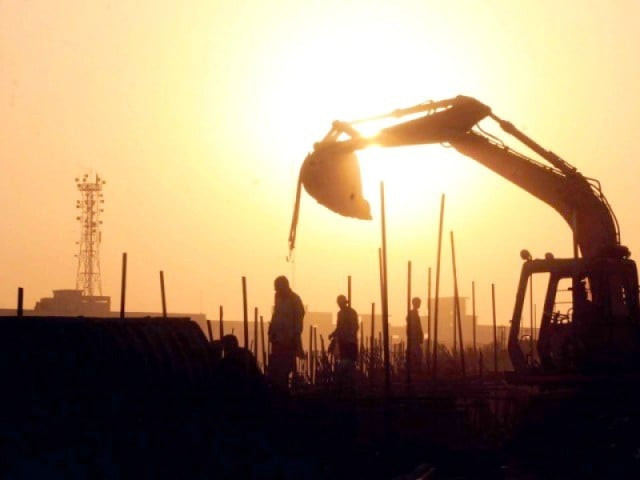
 Pakistan6 مہینے ago
Pakistan6 مہینے ago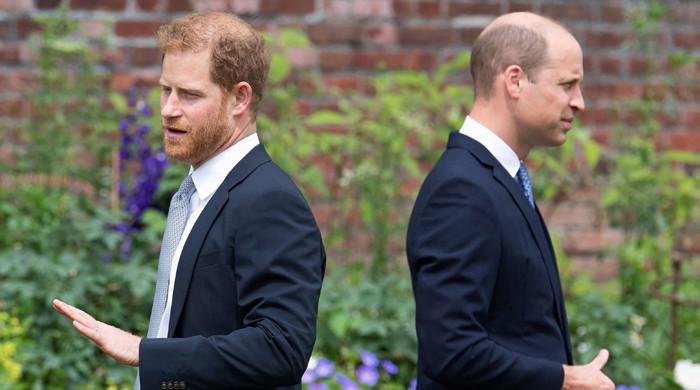
 Entertainment6 مہینے ago
Entertainment6 مہینے ago
 Pakistan6 مہینے ago
Pakistan6 مہینے ago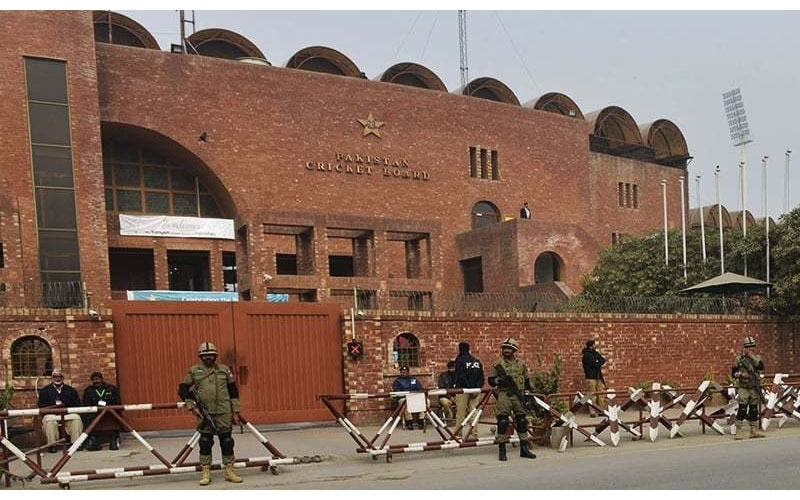
 Sports5 مہینے ago
Sports5 مہینے ago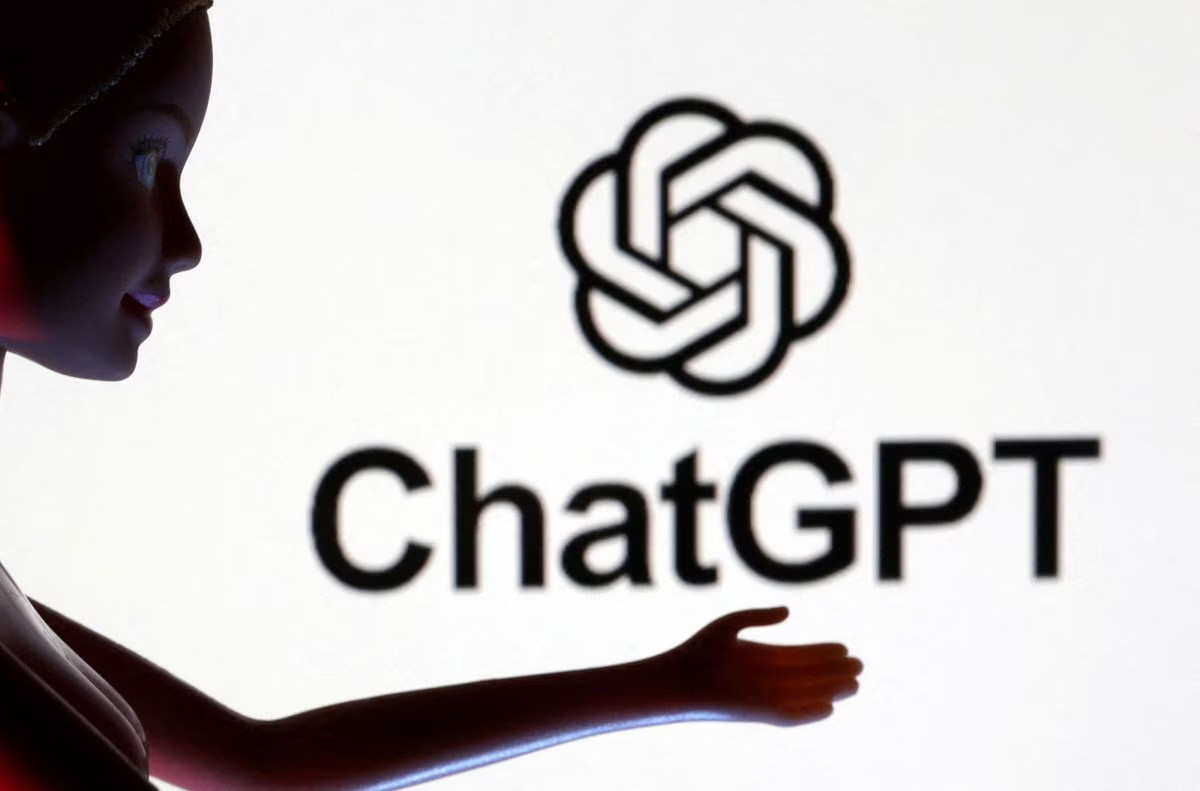
 Pakistan6 مہینے ago
Pakistan6 مہینے ago
